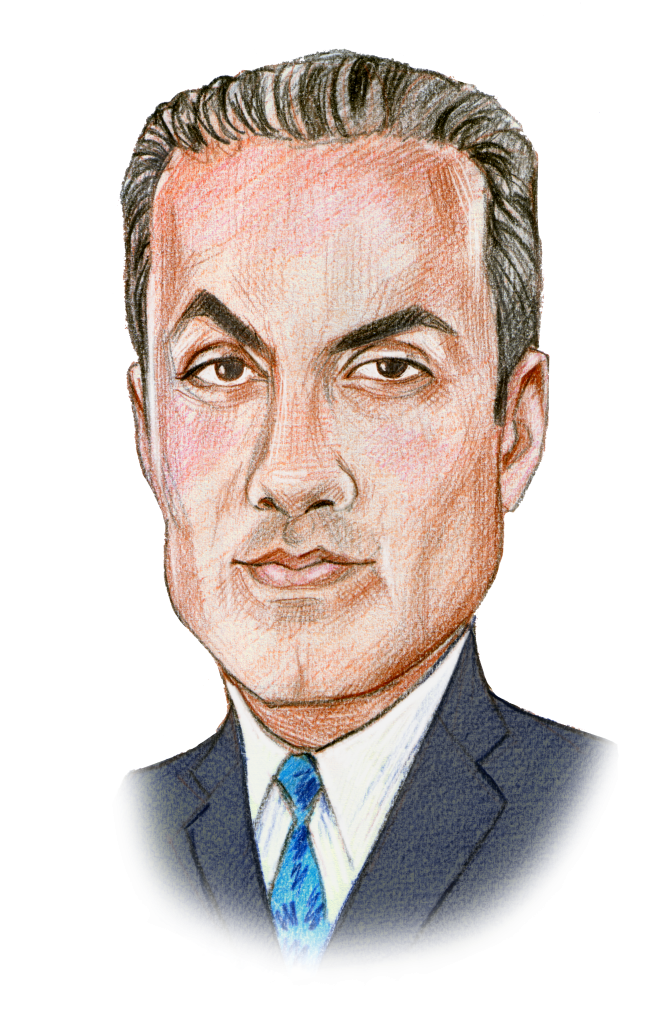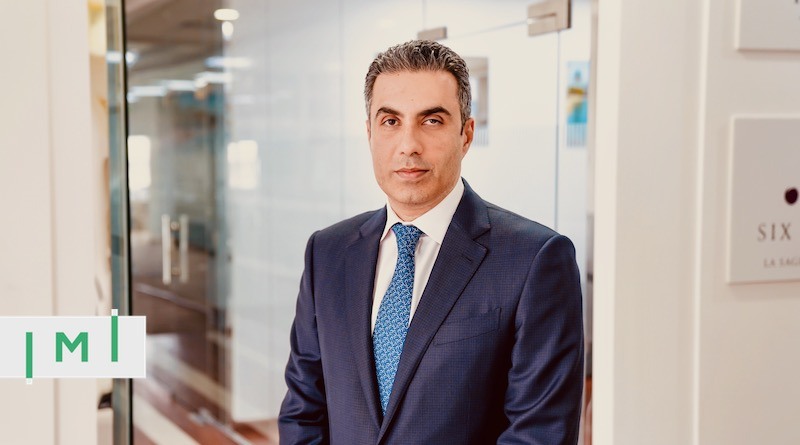Citizenship Through Impact – Refocusing CBI to Maximize Development

Cross-Examination
With Mohammed Asaria
The CBI-market’s leading hotel developer offers a global perspective on the critical issues confronting the industry.
The Coronavirus pandemic has created severe turbulence across the Eastern Caribbean economies. Government revenues will be strained from reduced economic activity for the foreseeable future. Foreign capital inflows are required to repair and stimulate local economies.
Industry commentators point to citizenship by investment as the economic savior. This is an uninformed view. Taking an optimistic stance and assuming an increase in demand for Caribbean citizenship in the wake of the anxiety caused by the Coronavirus pandemic, with the recent round of price reductions and some very dubious real estate financing options, the amounts flowing into the treasuries and economies across the region will be reduced.
These capital inflows will be insufficient to meet recurrent Government expenditure let alone fund development projects. Aside from Range Developments’ projects across the region, the Dominica housing initiative, and a handful of others across the Caribbean, too few private sector initiatives have come to fruition and had a meaningful impact on the Caribbean. Most unfortunate.
Time for a different approach.
Impact investing has become topical. Impact investing is a marriage of equals between the capital markets and altruism. It is where an investment is made with the intention to generate a measurable, beneficial, social, or environmental impact alongside a financial return. This is a growing asset class.
The Global Impact Investing Network estimated that in 2019 the assets under management in this industry are over USD715billion. Goldman Sachs wrote in a recent client note that “prior to this crisis, there was a meaningful and increasing focus on ESG [environmental, social, and governance] investing and it is likely that this focus will increase following the coronavirus.” Emerging markets have also been the beneficiaries of these capital flows.
The Caribbean, like any region, has its challenges from an investment standpoint but there is a respect for the rule of law, an impartial judicial system, and governments that are willing to offer investors attractive incentives. These are the essential ingredients to attract institutional investments and there are success stories, St George’s University in Grenada being one.
There is a real opportunity in the Caribbean to fuse Impact Investing and Citizenship by Investment – “Citizenship Through Impact” – through the creation of a series of funds that would invest and develop essential infrastructure and industries. Investments in agriculture, power, education, healthcare, and climate resilience should be prioritized.
These projects would have to be structured on a PPP/Joint Venture basis with the respective governments. Successful execution would propel the relevant Caribbean economies exponentially forward.
Targeted, high-quality investment
Citizenship through Impact would require higher individual minimum investment thresholds (a minimum of US$1 million is proposed). The viability of the investment would be of equal consideration as the need for citizenship by the investor. Governments would be required to waive all their citizenship fees and charges to attract this capital from ultra-high net worth investors.
This strategy should be focused on – and limited to – solving some of the key challenges facing the Caribbean economies. For example, the regional Caribbean average electricity cost is US$0.33 per kilowatt-hour. This is close to three times higher than in the United States. Reducing electricity costs across the Caribbean to the levels in the United States would see an immediate spur in Caribbean economic activity and a corresponding uptick in employment.
The dynamics for so many businesses would change overnight. Given the relatively small population sizes, this could be achieved through an island-specific “Citizenship through Impact” Renewable Energy Fund with, in the grand scheme of things, a modest amount of capital. With a long term government off-take contract secured, debt finance would be available and ensure the proposed fund’s internal rate of return is competitive with other emerging market renewable energy opportunities.
Efforts could also be focused to develop similar funds in the agricultural sector. A study commissioned by the Caribbean Council highlighted that, since 2000, the food import bill of the Caribbean Development Bank’s (CDB) member states more than doubled from US$2.1bn to US$4.8bn with imported food accounting for 60% of the food consumed in CARICOM and the UK Overseas Territories.
Alarmingly, the study also pointed out that among the CDB’s member states, food exports of traditional crops fell from 60% of agricultural production in 1990 to less than 20% in 2018. This is a trend that requires immediate reversal. Aside from concerns relating to food security, inflation is unnecessarily being imported into the Caribbean.
The Caribbean benefits from fertile soil and an ideal climate for a number of high-value crops. A “Citizenship through Impact” Agricultural Fund managed by an experienced international operator would be an attractive proposition not just for the local economies but also for investors. The Caribbean is a mere stone’s throw away from the world’s largest consumer market; surely it must be more economical to import high-value crops from the Caribbean into the United States than from other far-flung countries.
Many may agree with my philosophy but conclude they are mere romantic notions that will never see the light of day. In 2012, when we first set foot in the Caribbean and worked with the St Kitts government to reform their CIP to facilitate the development of luxury hotels, critics made similar rumblings.
Eight years on, our change of approach has created thousands of jobs, increased capital flows into the Caribbean, and has resulted in the development of some of the finest hospitality assets on this planet. It is the right time for an institutionally structured “Citizenship through Impact” offering.
Mohammed Asaria is the Founder and Managing Director of Range Devlopments.
Asaria is a graduate of Trinity College, Cambridge and practiced law with Lovells for a number of years in the City of London before joining HSBC, Dubai as an investment banker.
Asaria founded Range Developments in 2012 and in that time Range has become the leading Citizenship by Investment developer in the Caribbean. Range Developments opened the Park Hyatt St Kitts in 2017, Kempinski Dominica in 2019 and is currently developing the Six Senses in Grenada.



